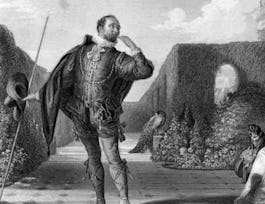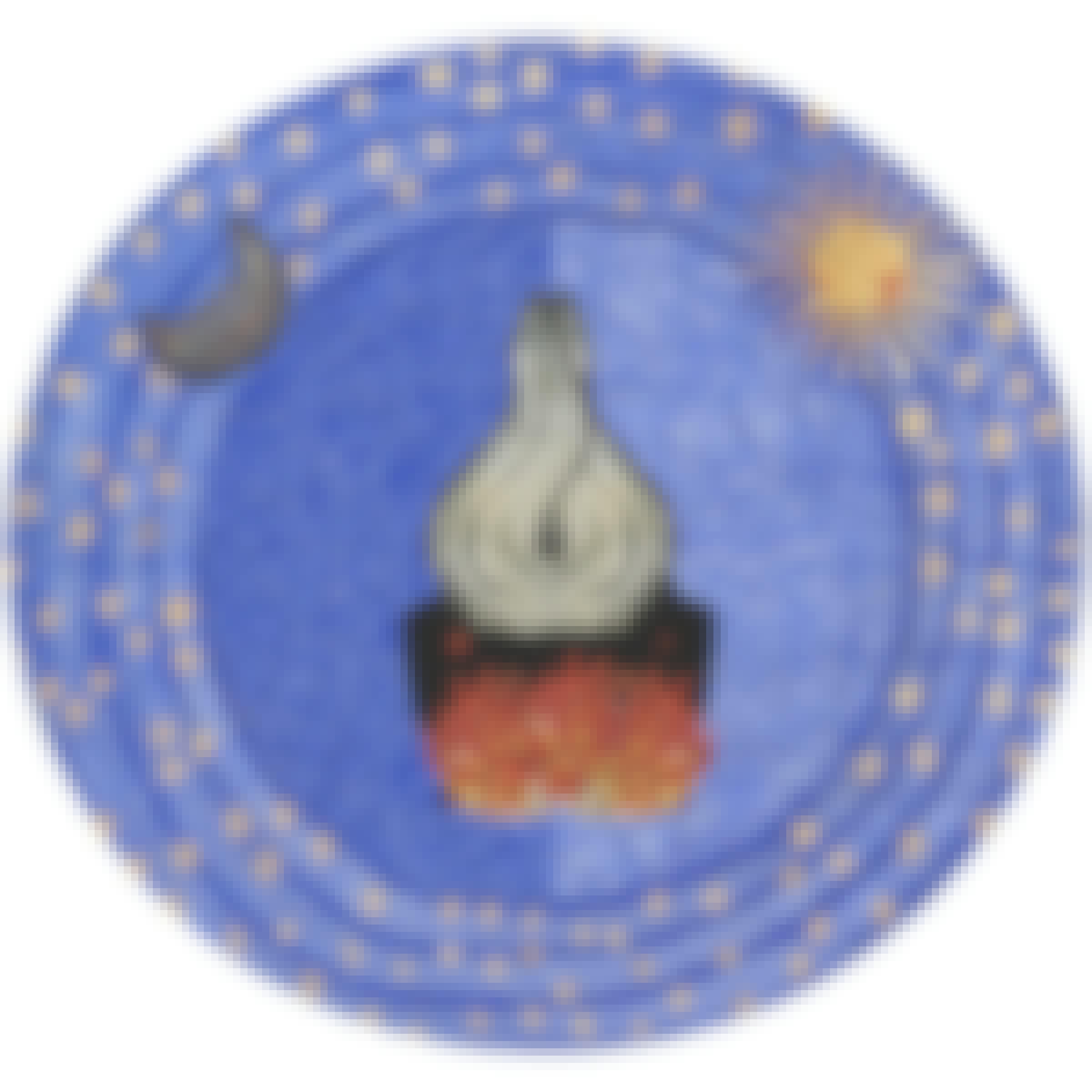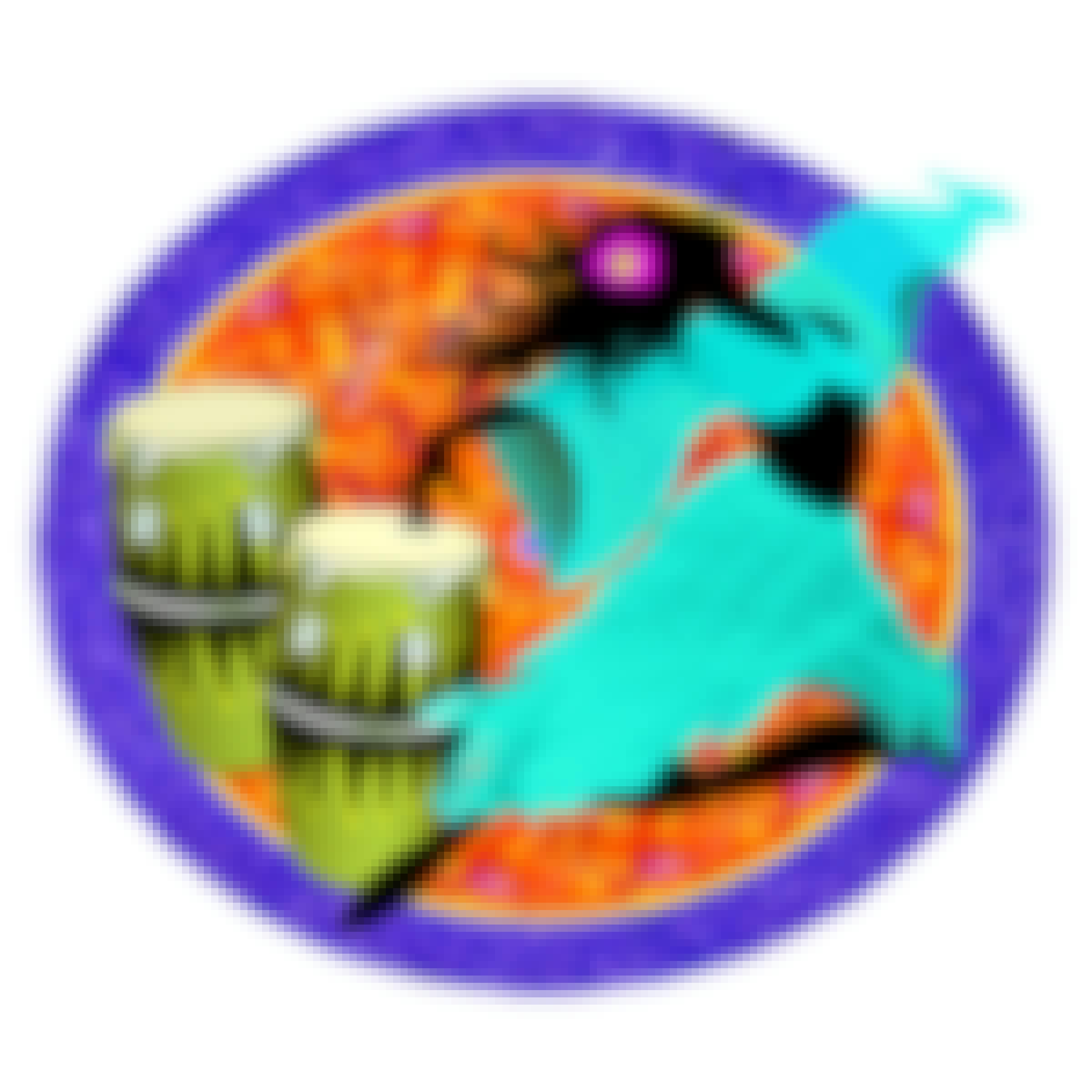- Explore
- Arts and Humanities
- History
History
Earn Your Degree
History in the Western World
Most Popular Courses
Top Rated Courses
History in the Middle East
Most Popular Certificates
Understand US Past & Present
Frequently Asked Questions about History
In a world accelerated by technology, where the future seems to become the present faster than ever, the study of history can sometimes seem quaint, or even irrelevant. What can analysis of the past tell us when the story of human civilization seems more unpredictable and chaotic than ever?
In fact, the rapid pace of change in today's society is exactly why the study of history is more important than ever. Despite all of the ways that technology has transformed our daily lives, our fundamental nature and motivations as human beings have changed surprisingly little. History is the only lens that allows us to understand how the present is rooted in our past, and the ways that many questions surrounding contemporary culture and politics have been asked (and answered) in previous eras.
History is also essential to understanding how to build a better future. That's because history isn't just a static description of how things were in the past - it's also a framework for examining the processes and drivers underlying periods of change in previous eras, which can provide a roadmap for catalyzing transformations in our society today.
The study of history can be a pathway to a surprisingly diverse range of future-focused careers. While those with a love for diving deep into past events may wish to become a historian or professor, there are plenty of opportunities to leverage this expertise to pursue other types of jobs as well.
For example, many lawyers have bachelor's degrees in history, or took history courses as undergraduates. That's because law is an inherently historical subject, based as it is on legal precedents, and an understanding of how law has changed over time can be a critical advantage in the courtroom.
A knowledge of history can also be essential for professionals in the arts and humanities who are responsible for making cultural works of the past (or present) relevant to today's audiences. Museum curators, literary critics, ethnomusicologists, and other experts in the arts rely on backgrounds in cultural as well as political history to add depth and context to their analyses.
Regardless of your goals, the study of the past can be a springboard for your career as well as a guide for creating the change you want to see in the world.
Online courses aren't only for learning computer programming anymore. Today, online education platforms can leverage video lectures, live office hours, and other tools for collaboration and engagement that can bring the study of history to life.
With Coursera, you can take courses taught by high-quality instructors at top-ranked universities, allowing online learners to get the same education as their on-campus counterparts on a more flexible schedule and at a lower cost. You can take courses in art history, world history, US history, ancient history, or even internet history from institutions like the University of Virginia, the University of Pennsylvania, and the University of London.
History courses on Coursera offer learners a broad understanding of historical events, trends, and perspectives, including:
- Comprehensive knowledge of specific historical periods, regions, and themes such as ancient civilizations, modern history, and economic history.
- Critical thinking and analytical skills to evaluate historical sources and narratives.
- Research skills for exploring historical data, documents, and other materials.
- Understanding the impact of historical developments on contemporary issues and societies.
- Skills for effectively communicating historical knowledge through writing and discussion.
- Methods for teaching history, including developing curricula and engaging diverse learners.
- Interdisciplinary approaches that combine history with politics, economics, and cultural studies.
History courses on Coursera are designed to accommodate learners at different levels of expertise and interest:
- Beginners: No prior knowledge of history is required. Introductory courses provide foundational insights into major historical events and figures.
- Intermediate Learners: Those with some background in history can deepen their understanding of specific topics or regions with more detailed studies.
- Advanced Professionals: Experienced historians or enthusiasts can explore specialized topics in depth, including historiography and advanced research methodologies.
Engaging with History courses on Coursera can lead to various credentials that demonstrate your engagement and expertise:
- Course Certificates: Earn a certificate for each history course you complete, showcasing your knowledge of specific historical topics or periods.
- Professional Certificates: These are designed to enhance professional skills in fields such as education, research, and museum curation.
- Specializations: A series of courses that focus on a particular theme or period in history, culminating in a capstone project that demonstrates your comprehensive understanding and analytical skills.
Skills acquired from History courses can lead to a variety of career opportunities in education, research, public history, and related fields, such as:
- Historian: Researching and writing about historical events and providing expert insights for academic and public audiences.
- History Teacher: Educating students at secondary or postsecondary levels about historical events and critical thinking skills.
- Museum or Archive Curator: Managing collections and developing educational programs and exhibits that make history accessible and engaging.
- Cultural Heritage Manager: Preserving and promoting understanding of historical sites and traditions.
- Documentary Filmmaker or Writer: Creating educational content that brings history to life for diverse audiences.
Online History courses offer a convenient and flexible way to enhance your knowledge or learn new History skills. Choose from a wide range of History courses offered by top universities and industry leaders tailored to various skill levels.
When looking to enhance your workforce's skills in History, it's crucial to select a course that aligns with their current abilities and learning objectives. Our Skills Dashboard is an invaluable tool for identifying skill gaps and choosing the most appropriate course for effective upskilling. For a comprehensive understanding of how our courses can benefit your employees, explore the enterprise solutions we offer. Discover more about our tailored programs at Coursera for Business here.































































































